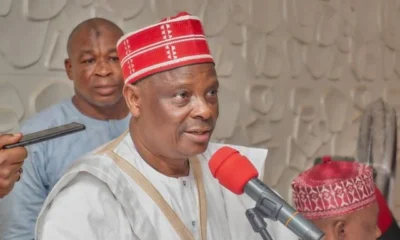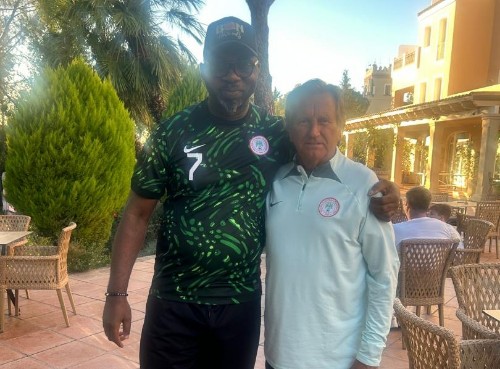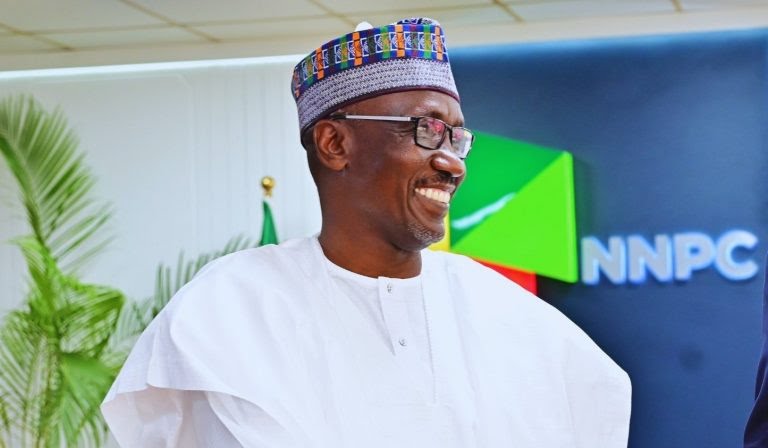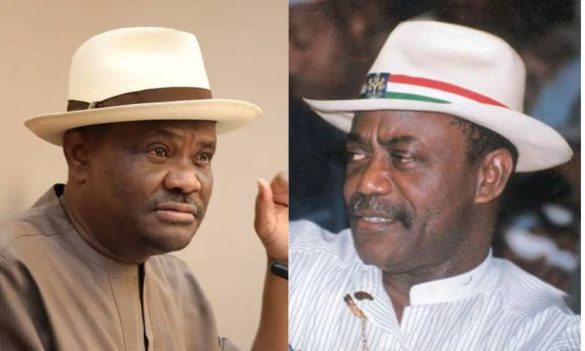It is sad enough that Nigeria last participated in the Olympics women’s football event 16 years ago yet poor preparations, injuries, and interference from Nigeria’s highest football body, NFF marred the Super Falcons outing at the 2024 Paris Olympics.
As much as Nigerians and fans of the Super Falcons were disappointed by the outing of the 18-player squad under American gaffer, Randy Waldrum, it is imperative to look inwards ahead of other challenges.
Following the outing, Coach Randy Waldrum blamed the Super Falcons’ outing at the Paris 2024 Olympics on poor preparations, which saw the team losing all three group games to come last with zero points despite preparation in the shortest time.
Admittedly, the Nigerian Super Falcons were drawn in a tough group with women’s football reigning champion, Spain, and power houses Japan and Brazil, but that shouldn’t have defined what eventually became the outing of the team.
It is instructive to note that the same Super Falcons, under the tutelage of Waldrum, qualified for the Olympics in flying colours, participated in the FIFA Women’s World Cup finals in Australia and New Zealand and came out head high at the round of 16 and again qualified for the Women Africa Cup of Nation set to begin in July 2025.
Waldrum took the job in 2021 when Nigeria was ranked 45 and successfully began building the team to a perfect fit. It would be on record that after the Super Falcons failed to qualify for the Women Football Olympics, Waldrum broke the jinx beating Cameroon and South Africa to clinch the ticket.
It is no gainsaying that Waldrum has a project of turning the Super Falcons into a world class team that fans and Nigerians will be proud of in the next two years. It’s a process and a gradual one. Upon his contract in 2021, Waldrum first evaluated the team and retired the old legs.
He went on to attract young and effective players to create a squad of enviable ballers, hence the success he made at the last Women World Cup and the qualifiers for Olympics and WAFCON.
Hence, it was no surprise when the Nigeria Football Federation, NFF, decided to renew his two-year-contract in late 2023.
However, one wonders what suddenly went wrong when the same NFF were beginning to breathe down on Waldrum’s neck to influence some of his technical decisions that might have been responsible for our outing at the Paris Olympic Women Football.
According to a report, allegations were rife that some NFF top officials tried imposing players on the American gaffer including veteran forward Francisca Ordega, who had a below performance at the Women’s World Cup in Australia and New Zealand.
Then we begin to wonder what really is the motive of the NFF, who has given the man a job but still wants to help him do the same job through influencing his decisions.
For a man, who has begun a project to turn the Super Falcons around, create an unbeatable confidence and gain the trust of his trusted players, it will be hard influencing his choice of game changers.
A pointer to Waldrum’s success with the team were the contracts which some of the Falcons’ stars are beginning to attract – Toni Payne signed for Everton, Jennifer Echegini signed for PSG and others.
Again, without holding a brief for Waldrum, though the Super Falcon’s outing at the Paris Olympic have been perceived ‘poor’ by many, a study of the matches showed that the team could have done much better and hold the champion and power house to a standstill if not for a lot of factors that include injuries of two of the key players, Ashleigh Plumptre and Halimatu Ayinde.
If Ayinde had made the team, Deborah Abiodun and Christy Ucheibe wouldn’t have started three matches in the space of 6 days, while Ashleigh Plumptre’s major influence as the pivot of the defense wouldn’t have been missing in action.
My submission, the NFF should leave Waldrum to complete his project and deliver a world class team for Nigeria. If the NFF puts total structural support behind Waldrum with the confidence he has built in the players, and how they idolize him, the next two years will be a roller coaster as it will be almost difficult to beat the Falcons. Hence, it’s time to support coach Waldrum and let the Falcons fly again. He should be given an extension up until the next WAFCON with a mandate to win it. Win it and a further extension will be on the line, anything less and it is most definitely goodbye
Oluwaseun Moyo Oloketuyi
Chairman Bon Awards Adivsory board and Producer Flying with Falcons writes from Lagos

 BIG STORY4 days ago
BIG STORY4 days ago
 BIG STORY4 days ago
BIG STORY4 days ago
 BIG STORY3 days ago
BIG STORY3 days ago
 BIG STORY4 days ago
BIG STORY4 days ago
 BIG STORY4 days ago
BIG STORY4 days ago
 BIG STORY4 days ago
BIG STORY4 days ago
 BIG STORY2 days ago
BIG STORY2 days ago
 BIG STORY4 days ago
BIG STORY4 days ago
























